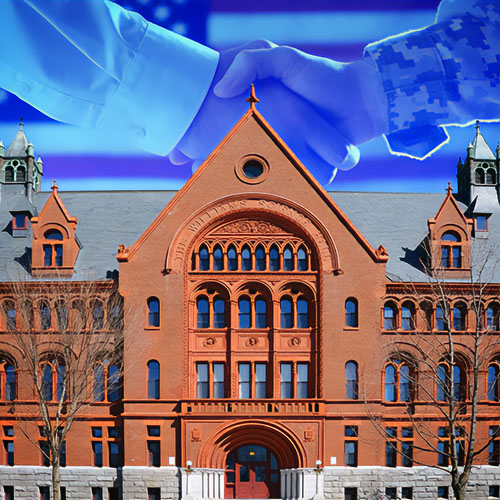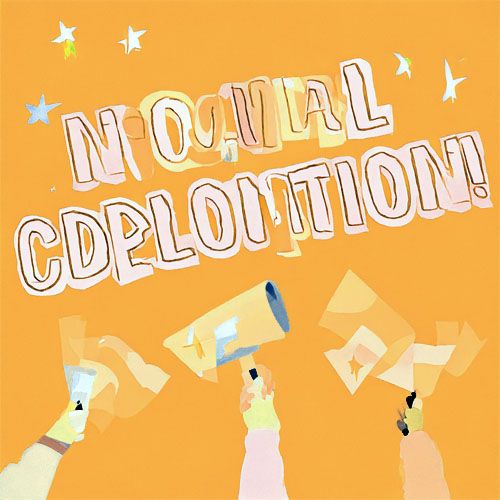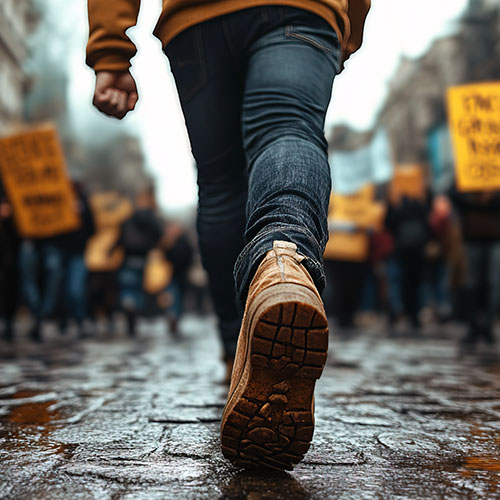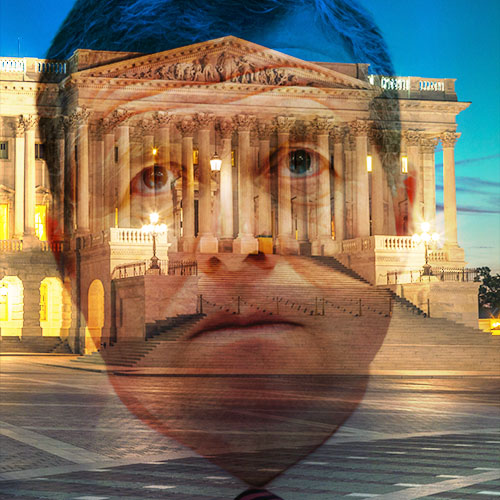What they like is pornography, What we like is erotica.
When I was a young lawyer, I worked hand in hand with the American Civil Liberties Union in defending the free-speech rights of Penthouse magazine and other media that specialized in what the government called “pornography” or “obscenity,” and what its consumers regarded as erotica (hence the expression, “What they like is pornography; what we like is erotica.”). In those days, real civil libertarians saw the government’s effort to ban such material as full-frontal censorship in clear violation of the First Amendment. That was before radical feminists demanded that the A.C.L.U. stop defending sexist material and start defending the rights of women not to be offended, abused, and even raped.
Despite the lack of evidence of any connection between erotic images and rape, a group of feminists led by the late Andrea Dworkin and Professor Catherine MacKinnon claimed that freedom from pornography was a basic civil liberty and human right. They called me a “pornocrat” for defending the rights of pornographers.
We won that battle and pornography is now pervasive on the internet, in hotel rooms around the world (with several important exceptions), and in adult theaters (the few that still exist). With a few clicks one can watch Stormy Daniels earning her living in Technicolor. Although the Supreme Court still does not regard obscenity as protected by the First Amendment, adult pornography has become mainstream and legal as a matter of practice. There has been no increase in sexual assault crimes, and no reputable scientist has found an empirical connection between pornography and rape.
The issue of pornography, therefore, has not become a divisive one in the A.C.L.U., because there are no prosecutions of those who disseminate adult pornography to adults. In light of the A.C.L.U.’s movement away from civil liberties and toward agenda-driven left-wing politics, it is fair to ask how the current board of the A.C.L.U. would deal with a case involving the prosecution of an adult movie theater, such as the ones I litigated back in the sixties, seventies, and eighties.
My first Supreme Court argument, back in the late 1960s, was on behalf of the owner of the Symphony Cinema Theatre, an art theater that showed European films. He was prosecuted and sentenced to prison for showing I Am Curious (Yellow), an antiwar film that included nudity and some sexual activity. Today that film would probably get a G rating and could be shown on network television. But back in the day, prosecutors claimed that allowing adults to watch the film would destroy our country. How far we have come, with the help of the A.C.L.U. I would not have a high level of confidence that today’s A.C.L.U. board would be as unanimous about this issue now as it was back then.
The A.C.L.U. has undergone a dangerous change from a nonpartisan organization that defends the civil liberties of all, to a partisan organization that now spends a large amount of its budget on elections and other partisan events. It would be hard for a civil libertarian like me to get elected to the board, because I have committed the cardinal sin of defending the civil liberties of President Donald Trump.
During the investigation that led to the resignation of Richard Nixon, I helped persuade the board of the A.C.L.U. to defend the rights of the despised president, including his right not to be named as an “unindicted co-conspirator,” since there was no mechanism for him to defend himself against such a charge.
Today the A.C.L.U. is on the forefront of defending the excesses of prosecutors who are investigating President Trump. Its legal director vigorously supported the search of the office, home, and hotel room of Michael Cohen, President Trump’s personal lawyer. They pooh-poohed the notion that seizing lawyer-client documents that might well include confidential communications presented a core issue of civil liberties. They implicitly approved the use of FBI agents and prosecutors — rather than judicial officers — as members of the “taint team” that would read each and every communication and decide which were privileged and which were not.
Had the shoe been on the other foot — had Hillary Clinton been elected president and had her lawyer’s office searched — you can be sure that the A.C.L.U. would have taken a completely different position. For the current A.C.L.U., agenda-driven issues — especially “getting Trump” — trump basic civil liberties.
The director of the A.C.L.U. demeans critics like me by calling us “the old guard.” But his ageist ad hominem attacks do not conceal the reality that the old A.C.L.U. was far more protective of neutral civil liberties than is the new A.C.L.U.



















